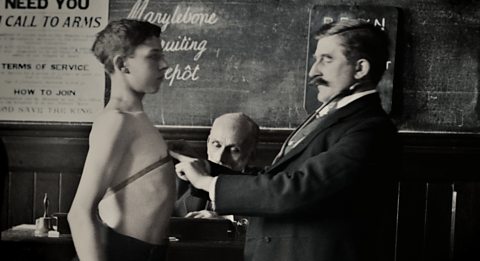Video summary
The tank was a supposed miracle weapon intended to overcome the advantages of the German defences.
However, as tank commander Horace Birks describes, they did not have the desired impact in the first two years of service; indeed they arguably posed more of a danger to their crews than the enemy.
Only at the battle of Cambrai in November 1917 did their potential really become evident, and they were to play a decisive role in the defeat of Germany in 1918.
This is from the series: I Was There: The Great War Interviews.
Teacher viewing recommended prior to use in class.
Teacher Notes
This clip could be used as an introduction to an investigation into the role played by new technologies in the defeat of Germany.
Students could be divided into two groups, with one half focusing on information from the clip which supports the view technology played little part, with the other half of the group using the information to make a counter argument.
This clip will be relevant for teaching History at KS3, KS4/GCSE, in England and Wales and Northern Ireland.
Also at Third Level, Fourth Level, National 4 and National 5 in Scotland.
This topic appears in OCR, Edexcel, AQA, WJEC, CCEA GCSE and SQA.
John Willis Palmer interview. video
John found it difficult to cope with the violence and apparent pointlessness of the war.
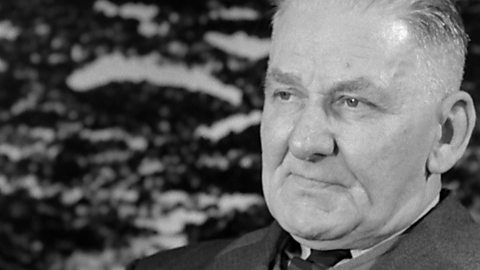
Attrition. video
The strains of war drove soldiers to desert their post or inflict a wound on themselves.
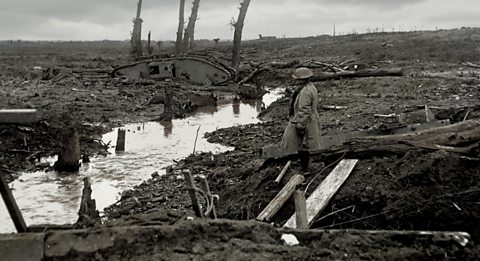
Life as a munitionette. video
Mabel was one of many women who put their lives at risk working in munitions factories.
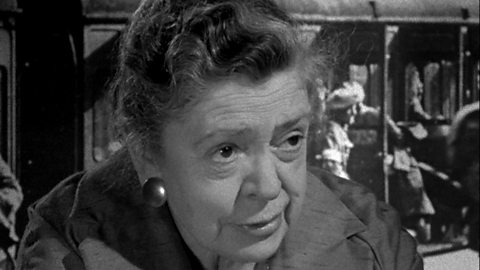
Life as an officer during WW1. video
Charles talks about coping with looming shellshock and aspects of an officer's life.
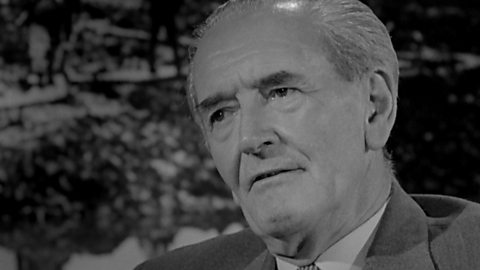
One woman's loss. video
Katie describes what the war was like from a young woman’s perspective in Manchester.
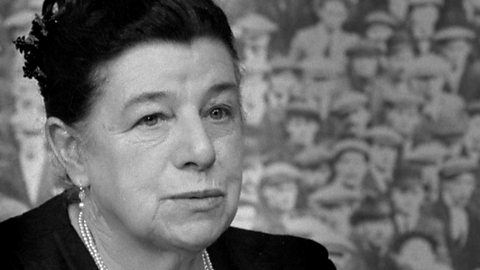
Recruiting soldiers in WW1. video
The different pressures which were applied to persuade young men to join up to fight.
